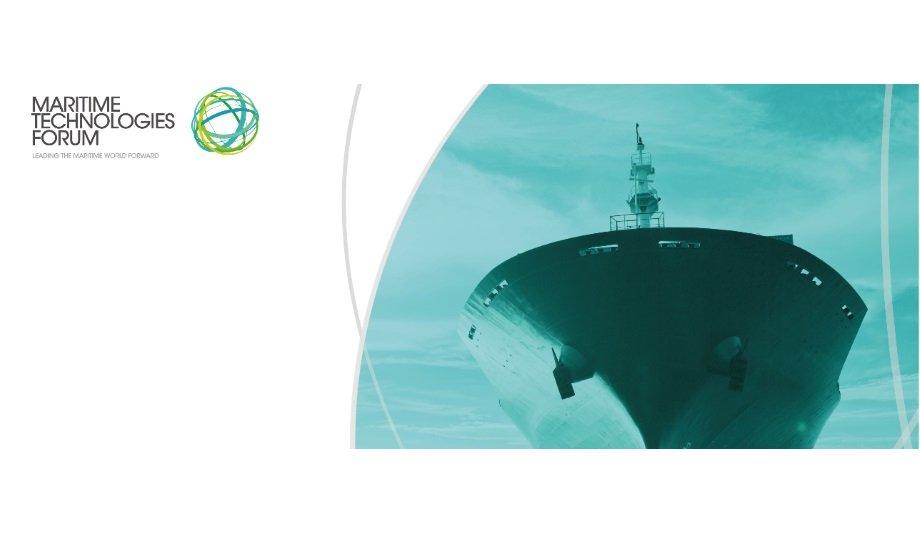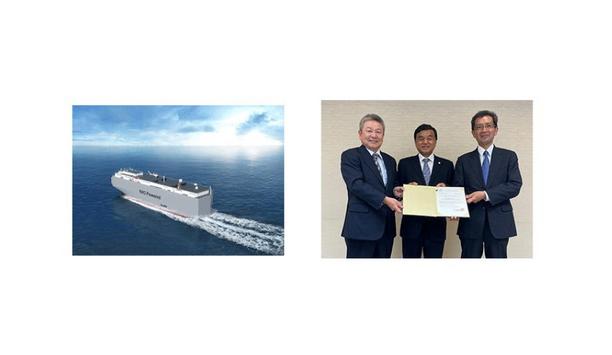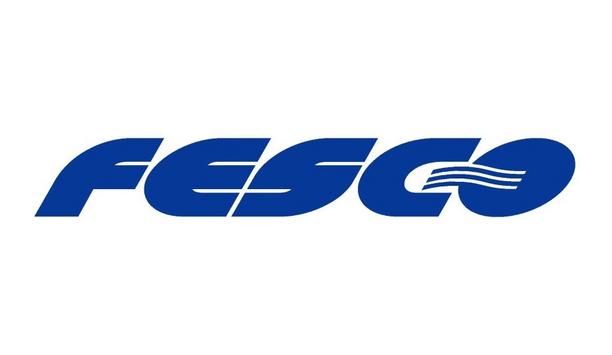The Maritime Technologies Forum (MTF) – of which DNV is a founding member – unveils a framework designed to empower decision-makers in shipping to holistically assess and compare decarbonisation technologies and low to zero-emission energy carriers.
The current phase sets out the areas for assessment and comparison and will be built on in the second phase to identify optimal assessment methodologies. The MTF believes this framework will be particularly beneficial when the industry is researching new technologies for decarbonisation.
Researching new technologies
The vision of the framework is to provide a shared agreement as to key assessment criteria, while also raising awareness of technologies and energy carriers as a result of the assessment.
MTF welcomes feedback from across the industry on this concept paper
The new framework takes wider sustainability aspects into account, also recognizing that solving the issue of decarbonisation should not lead to unacceptable impacts on other areas such as safety, security and economic feasibility. In publishing this framework and in line with the collaborative approach to solving future challenges, MTF welcomes feedback from across the industry on this concept paper. Identifying the best solutions for long-term application in shipping with no detriment to the planet or society, in line with the UN Sustainable Development Goals, is a big challenge for the maritime industry.
Relevant decarbonisation technologies
Getting this decision-making wrong could lead to non-compliance resulting in stranded assets down the line. The work of the MTF is looking beyond just alternative fuels, and also factors in all relevant decarbonisation technologies and solutions, as well as their production and disposal.
The MTF framework takes into account all criteria relevant to achieving sustainable outcomes including technology status, environmental sustainability, safety, security, regulations, people, engineering and economic feasibility. It can be used for a singular assessment, or for comparison between multiple technologies or energy carriers. Assessments can also be carried out in a repeatable, consistent way, as well as to assess a complete system or sub-system. The framework adopts a systems engineering approach that embraces the full lifecycle of technologies and alternative energy carriers under assessment.
Identifying specific methodologies
Our next priority will be to identify specific methodologies for assessment and comparison"
A through-life assessment is crucial because a new technology or energy carrier may often have lifecycle factors that could inadvertently create other problems while solving the current one. As such, the framework will provide an enduring model that can be applied even beyond today’s focus on emissions, helping to ensure a fleet or vessel’s future competitiveness and compliance.
Commenting on the new framework, a spokesperson for the MTF said: “This project is merely the beginning. The paper signals the strategic direction of the MTF’s work to help move towards a sustainable future for shipping. Evaluating and managing the risk posed by decarbonisation technologies is a big part of that effort. Our next priority will be to identify specific methodologies for assessment and comparison, and here we believe the MTF can bring real lasting value, in line with our mission to foster sustainable and environmentally friendly technologies in the maritime sector.”
Adoption of new technologies
The founding members of the MTF are: DNV, American Bureau of Shipping (ABS), Japan’s Maritime Bureau, Ministry of Land, Infrastructure, Transport and Tourism (MLIT), Lloyd’s Register (LR), Nippon Kaiji Kyokai (ClassNK), the Norwegian Maritime Authority (NMA), and the UK’s Maritime and Coastguard Agency (MCA).
The MTF is a forum of Flag States and Classification Societies established to provide technical and regulatory expertise to benefit the maritime industry. The role of the Forum is to work together on research which it will publish to the maritime industry and draw on regulatory expertise to be able to offer unbiased advice to the shipping sector. It will seek to give guidance on the use of alternative fuels and increased levels of automation in the industry. Furthermore, it will allow for the safe testing and adoption of new technologies and it will help shape world-leading regulation.










